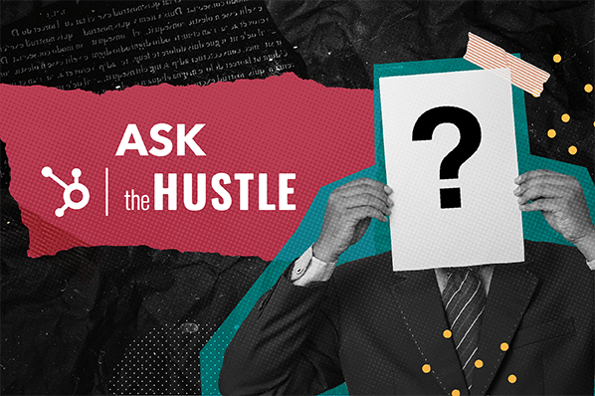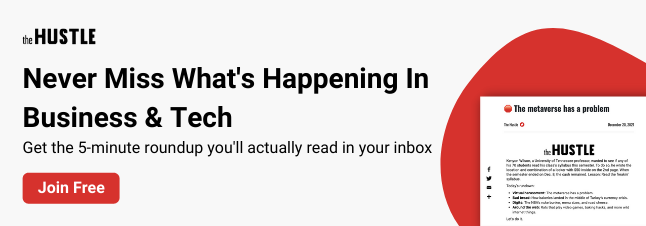We invited you to slide into our DMs a while back, and almost 300 of you wrote in with questions. We got some good ones, and we’re getting back to you here. This one’s from JR in Madrid:

Just hired my M&A boutique’s first associate — how can I prepare to offer an enriching professional experience? What advice would you give a first-time manager? What processes/systems should I put in place to make sure things remain structured and constructive?
Kudos, JR, for trying to create a structured and constructive work environment for your new hire. You’ll both be happy you put some thought into this.
In a recent study, Gallup found that the top five causes of employee burnout have one thing in common: their boss. Workers who reported that they don’t receive clear communication or support from their managers were more likely to be dissatisfied with their jobs.
”People do their best work when you clearly define what success looks like, nurture their individuality, invest in their development, and lead with transparency,” says Carly Williams, senior editorial manager behind The Hustle Blog and Trends.co.
To lay the groundwork for an enriching employee-manager relationship, Williams recommends making a 100-day plan for new hires. Laying out this three-month road map helps create clear expectations and reduce role ambiguity. The plan should include:
- Well-defined projects: Have projects ready to go for your new hire right out of the gate, and make sure the tasks directly relate to what you hired this person to do.
“As a manager, overseeing the execution of these early projects will help you parse out the hard and soft skills they already possess versus the ones they need to build,” Williams says. - A list of people to chat with: Your direct report can learn a lot from their peers. But first-time meetings can be awkward, so help your new hire out by connecting them with the right people.
If you work at a medium-sized or larger organization, your list of contacts can include internal colleagues your rookie can learn from.
If you’re like JR and you have a small team, try connecting them with people from your network. Provide background info on the folks you suggest so your hire can ask more informed questions during these conversations. - A mentor: Pair your direct report with a mentor who isn’t involved in their day-to-day.
“Connect them with someone who has a different perspective on the business to open them up to feedback and direction they can’t get from you,” Williams recommends.
This could work well if you’re a manager at a larger company, but it may not be feasible if you’re at a tiny startup. If there isn’t a mentor available internally, encourage your new hire to seek one out.
Here are a few more frameworks that Williams recommends, for day one and beyond:
- A 1:1 document: Let your direct report lead weekly or monthly one-on-one meetings. Give your employee a check-in template so you’ll get the details you need while allowing them to set the agenda.
“For my team, 1:1 documents are broken up into a few sections,” Williams says. “Wins, Challenges or Blockers, Questions, and Status Updates. We discuss the most timely things first and if we don’t get to everything, we have a record of the remaining discussion points and updates to plan next steps off of.” - User guides: Put together a document that outlines who you are, how you work, and what you expect — and ask your new hire to make one as well. Include details like your communication preferences (e.g., Slack vs. email) and how you like to give and receive feedback.
“These documents will reduce some of the guesswork that comes with getting to know someone over time and streamline communication and collaboration,” Williams says. - Role descriptors: Define the expectations for their job as well as the expectations for any job levels above it. “When it comes time for a career development conversation, you’ll have clear expectations to measure their progress against, which helps to inform when they are ready for a promotion, ” says Williams.
One last tip: be patient. Getting a new hire up to speed will likely take longer than you expect, but it’s a worthwhile investment.
“Cutting corners here is only going to increase the amount of time between when they start and when you can feel confident delegating work to them,” Williams says. “Your own growth as a manager depends on your ability to free yourself up to focus on larger priorities and you can’t do that unless you can delegate with confidence.”









![How to Ask for a Promotion [Expert Tips]](https://www.hubspot.com/hubfs/Untitled%20design%20%2812%29-1.jpg)


![How to Get Promoted as an Individual Contributor or People Manager in 2024 [+ How These Promotions Differ], According to Help Scout's VP of Brand](https://www.hubspot.com/hubfs/vp%20of%20help%20scout%20brand%20on%20getting%20promoted.png)
